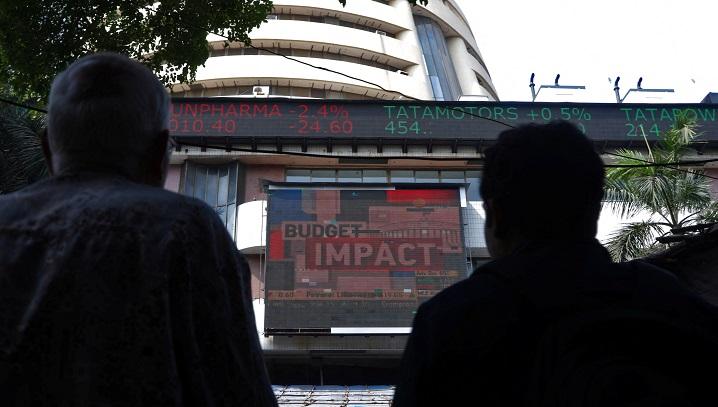With weeks to go before India starts voting in a general election that the incumbent government is widely expected to win, Indian equity markets are uncharacteristically languid and not seeing the traditional pre-election rally.
Analysts say this time is different, pointing to a stellar rally in the past year, rich valuations and uncertainties around political issues such as corruption and electoral funding as factors giving investors reason to pause.
The Nifty index has climbed over 30% over the past year, the second biggest gain among Asian indexes, but has faltered this month.
Abhisekh Goenka, founder and CEO of wealth management firm IFA Global, said stocks had been weighed down by profit-taking at the financial year end in March and political factors.
Parliamentary elections will be held in phases from April 19 to June 1. The consensus is for Prime Minister Narendra Modi's National Democratic Alliance (NDA) coalition government to win the elections.
But a string of recent developments including disclosures on political funding for Modi's party, and other tax and corruption charges against parties in the Congress-led opposition alliance have cast doubts over whether Modi's Bharatiya Janata Party (BJP) can get a resounding victory.
"The uncertainty will loom till election results are out, and as widely expected, if BJP sweeps the polls, we expect a further breakout rally in the equities," Goenka said.
Historically, Indian equities have started strong in election years, with the Nifty index averaging a 5.2% return in the first quarter of the previous three election cycles. However, the index saw only a modest 2.7% increase in the same period this year.
Foreign capital inflows have also dried up. In contrast to the $3.08 billion received from foreign investors in the first quarter of the past three election years on average, the inflow has dwindled to just $1.33 billion in the same period this year.
"Heading into elections, we could see some volatility amongst specific areas of the Indian market, such as small-cap stocks, which have rallied over 54% over the past 12 months," Malcolm Dorson, senior portfolio manager and head of emerging markets strategy at Global X ETFs.
"Prices have moved ahead of earnings momentum, making some of these names more vulnerable to headline risk."
However, the Nifty Volatility index, commonly known as India's VIX, is trading around 12, its lowest in the run-up to the election compared to the last three cycles.
Not everyone is apprehensive. Investors betting on India's strong growth say its stock market is more appealing than that of other emerging markets.
Martin Schulz, head of the international equity group at Federated Hermes, said he has increased allocation to India in the fund's investment strategies over the past year, reaching 16% of its emerging markets strategy funds.
Fitch revised its economic growth projections for India upward for this fiscal year and next, citing robust domestic demand and continued growth in business and consumer confidence.
Earnings prospects also look strong, with LSEG SmartEstimates data indicating a 26.8% net profit growth for India's large and mid-cap companies this year, compared with Asia's average profit growth of 14%.
"Polls expect a Modi victory, which would suggest economic continuity and act as a catalyst for positive flows," said Global X ETF's Dorson.
"If we see an unexpected loss for Modi, the market could correct, however, it would open a valuation-based window, as investors digest the surprise and realise that this economy still benefits from strong secular tailwinds. Either way, I expect a strong second half of the year for Indian equities."





